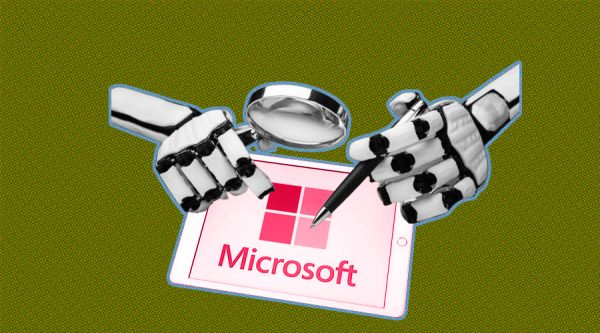According to the story, which cited two Microsoft workers with knowledge of the project, Mustafa Suleyman, the recently hired co-founder of Google DeepMind and former CEO of AI firm Inflection, is in charge of the new model, internally known as MAI-1.
The model’s precise function is still unknown and will be defined by how well it works. According to the source, Microsoft may unveil the new device at its Build developer conference later this month.
Reuters contacted Microsoft, but the company declined to comment.
The paper claims that MAI-1 will cost more since it will be “far larger” than the earlier, smaller, open-source models that Microsoft had previously trained.
Microsoft introduced Phi-3-mini, a more affordable artificial intelligence model, last month in an effort to reach a larger clientele.
The business has taken an early lead in the race for generative AI thanks to its billion-dollar investment in OpenAI and integration of ChatGPT maker’s technology across its suite of productivity applications.
According to the article, Microsoft has been allocating a sizable cluster of servers outfitted with Nvidia’s GPUs in addition to copious amounts of data in order to enhance the model.
According to the study, MAI-1 is expected to contain approximately 500 billion parameters, whilst GPT-4 from OpenAI is supposed to have one trillion parameters, and Phi-3 tiny measures 3.8 billion parameters.
In March, Microsoft appointed Suleyman to lead its recently established consumer AI division and brought on board other Inflection staff members.
The study also stated that while the new model might draw from startup training data, it is not carried over from Inflection.









